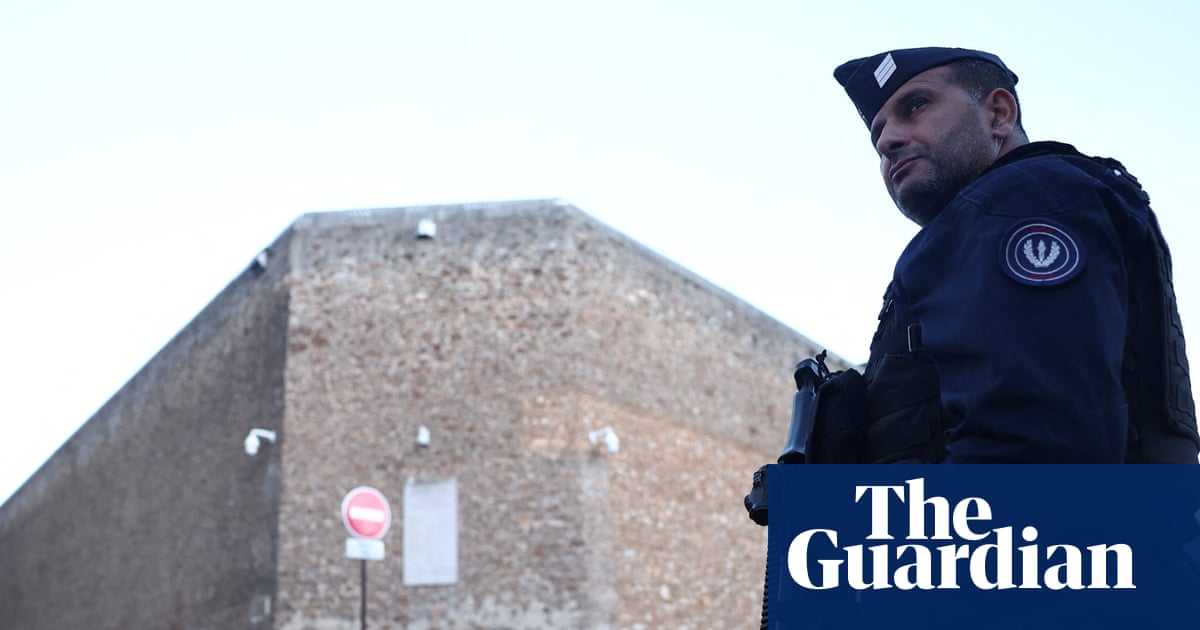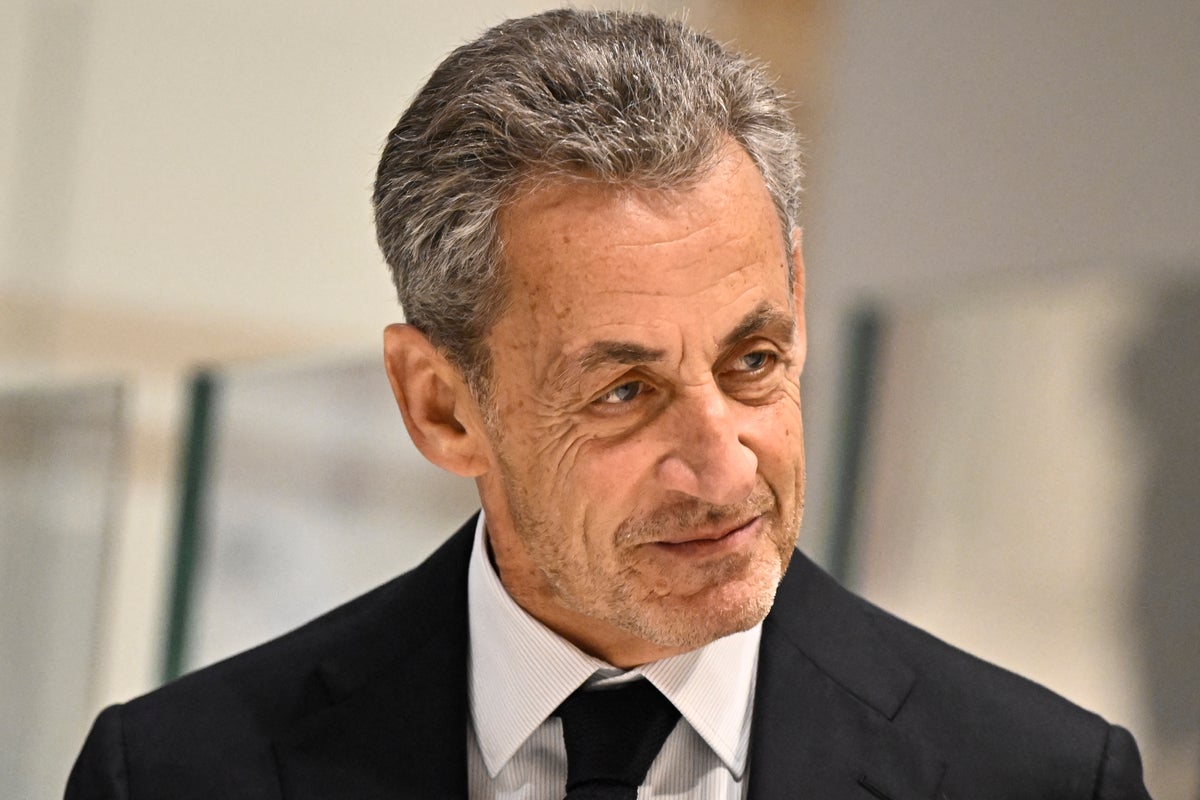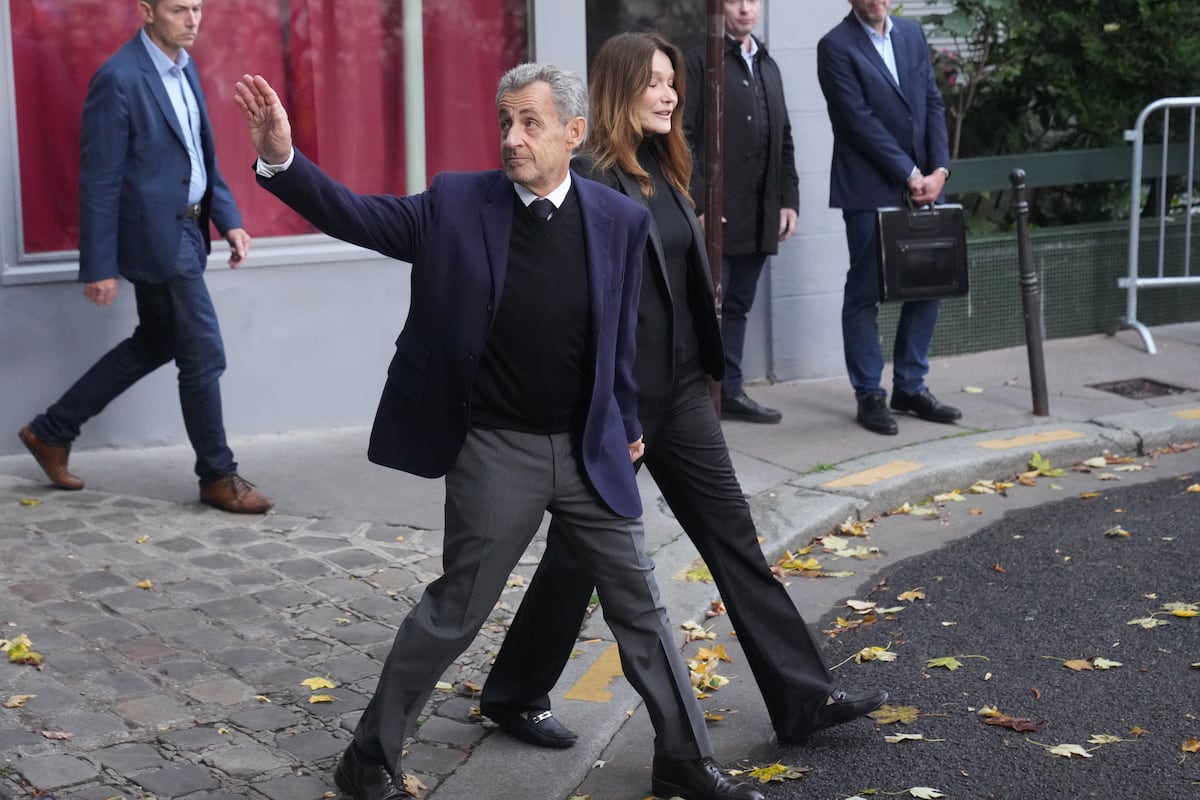fromThe Local France
1 month agoFrance's Sarkozy faces possible indictment over witness-tampering
The possible indictment concerns the sudden retraction of Ziad Takieddine, a key accuser of the former head of state, in a case over alleged illegal campaign financing from late Libyan dictator Moamer Kadhafi. Takieddine, who died in late September, had claimed several times that he helped deliver up to €5 million in cash from Kadhafi to Sarkozy and the former president's chief of staff in 2006 and 2007.
France news


































